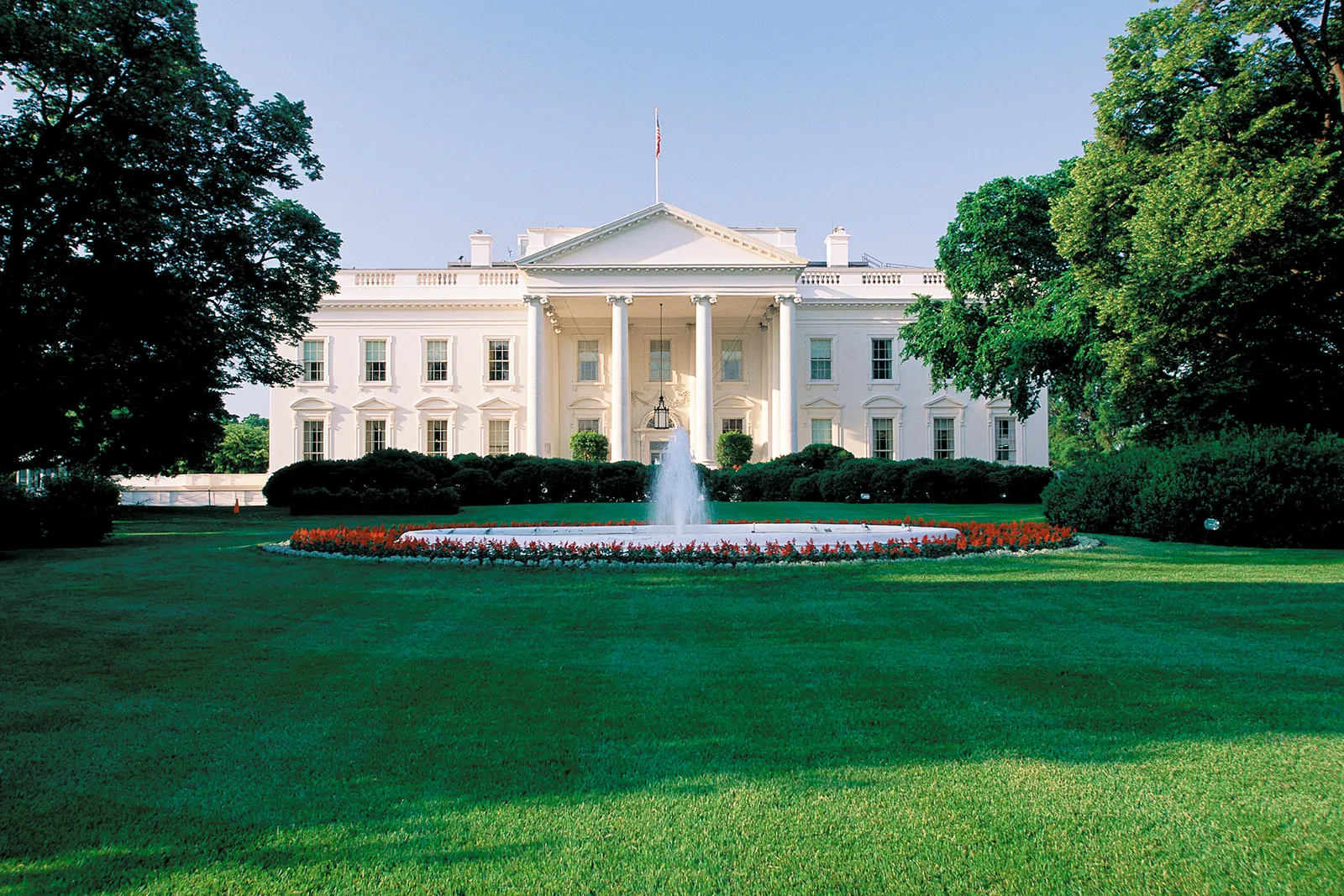Following President Biden’s crypto executive order in March, the White House Office of Science and Technology Policy (OSTP) is aiming to put out a report on cryptocurrency mining and its environmental impact this summer, according to Bloomberg.
OSTP is digging into a wide variety of topics related to crypto mining, including claims that it could be beneficial to power grids in states like Texas, complaints about noise pollution, and the differences between proof-of-work and other network consensus mechanisms. The report is expected in August, per Bloomberg’s report.
“It’s important, if this is going to be part of our financial system in any meaningful way, that it’s developed responsibly and minimizes total emissions,” Costa Samaras, principal assistant director for OSTP’s energy division, told Bloomberg Law.
Samaras said that the team was studying what the economic incentives are for miners to shut down at peak power consumption times when they could be making money by running machines non-stop.
“We’ve seen miners set up in places where the electricity prices are low and they’ve secured favorable industrial rates,” Samaras told the publication. “I would like to go see the evidence that an afternoon peak mining tariff slows down mining operations.”
Samara also mentioned looking into reports about noise, local pollution and old fossil power plants being reenergized in certain communities.
“These are not trivial loads,” he said.
Biden’s comprehensive executive order tasked OSTP with teaming up with other offices and coming up with a report within 180 days essentially looking into how blockchain technologies could impact the environment.
OSTP invited the public to send comments until May 9 and a group of environmental organizations including Greenpeace and the Environmental Working Group co-signed a letter alerting to the potential “impacts of digital currency” and proposing a series of measures to reign in their effect on climate change.
In it, they argue that bitcoin’s electricity usage is growing faster than other sectors and is contributing to climate pollution, as well as harming local communities.
They also urge the EPA to tighten supervision of air and water permits given to miners who use proof-of-work validation and the Office of Management and Budget to create a registry for proof-of-work mining operations “over a certain threshold.”
A few weeks ago, House Democrats sent a letter to the EPA calling for the agency to investigate possible negative consequences of proof-of-work mining. A group of over 50 advocates of bitcoin mining followed up by addressing the EPA, in a letter to dispute some of the legislators’ claims.
For instance, they argued that bitcoin mining did not create carbon emissions by itself and that if miners abide by EPA’s regulations, they shouldn’t be singled out from other operations that similarly source electricity.
















































